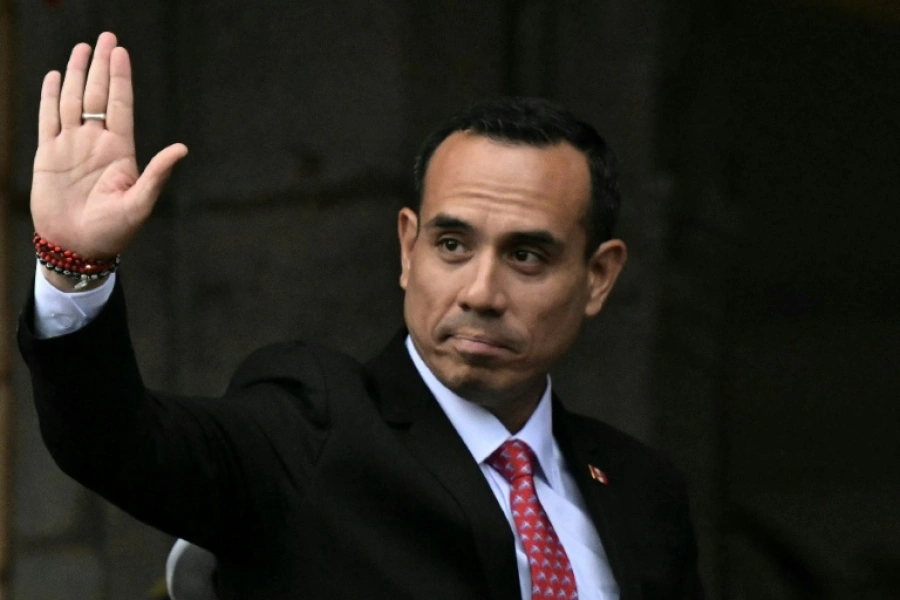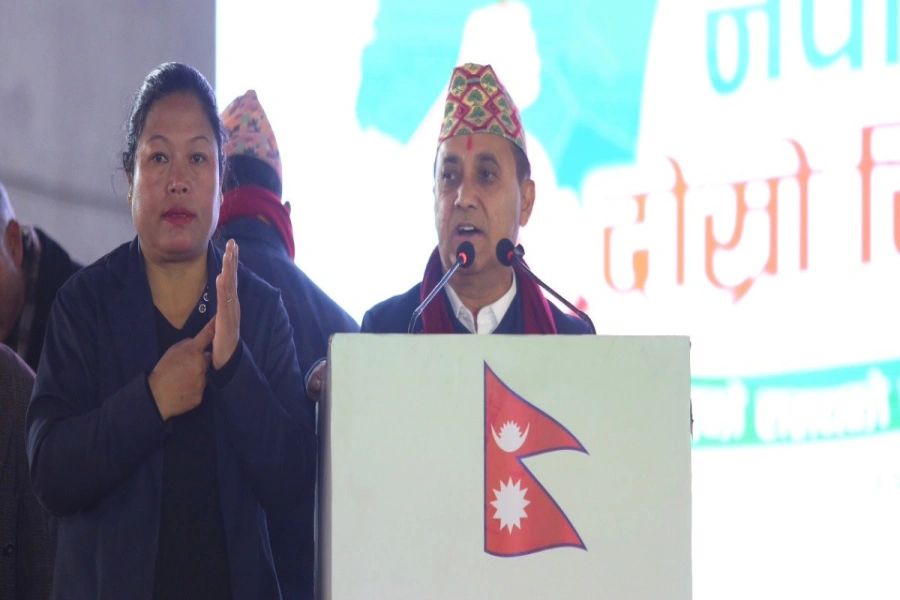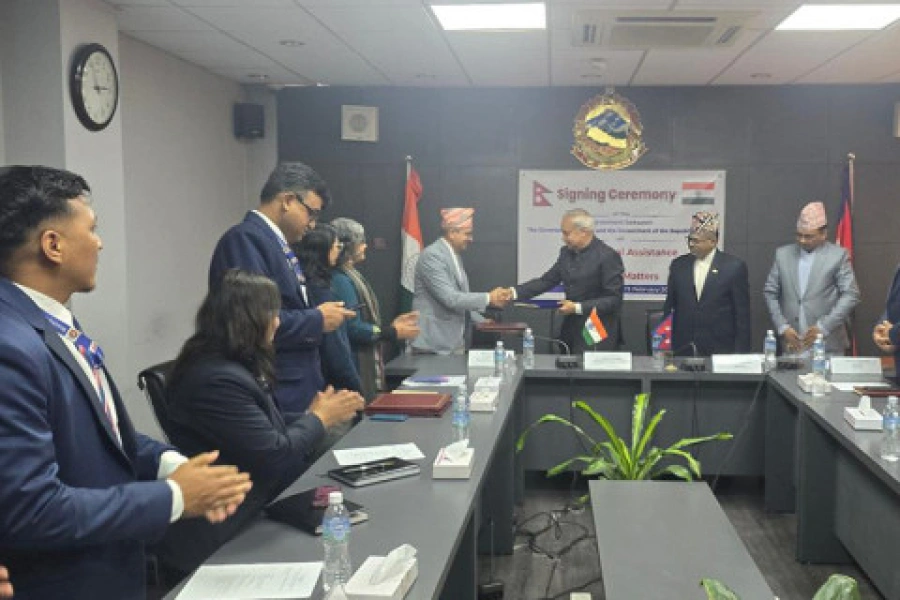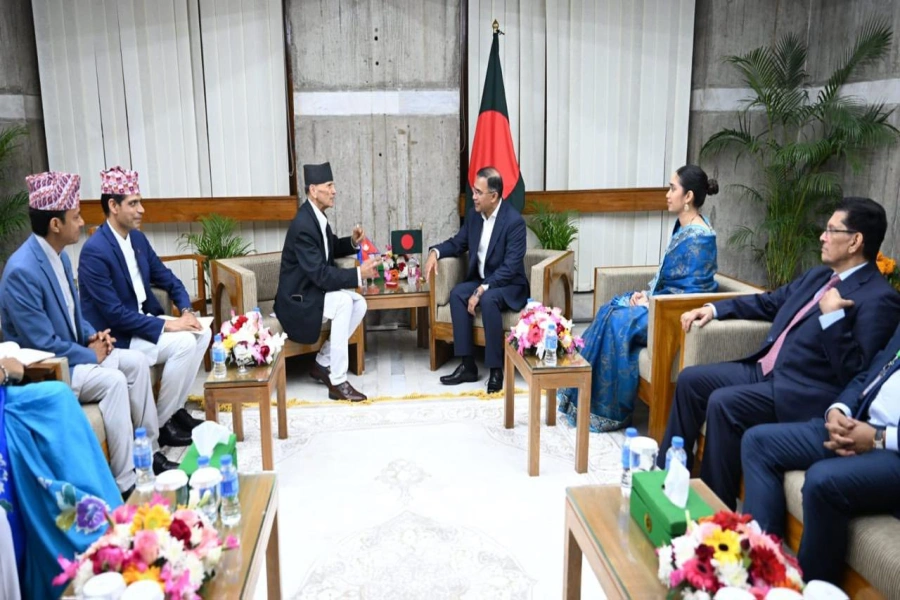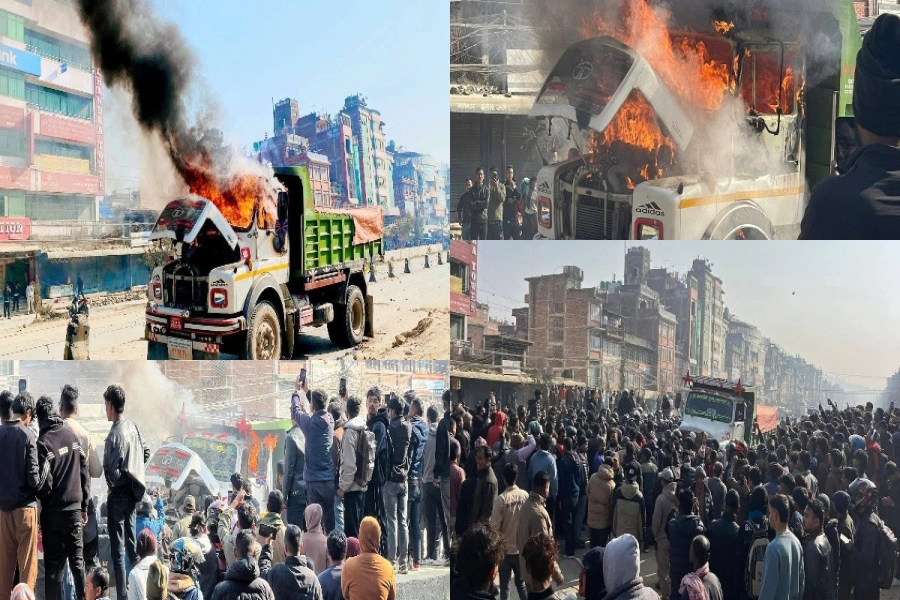For sure, Nepal needs some level of media regulation to check or at least control bad media practices and lack of discipline but proposed bill does not help
The Media Council Bill introduced by the government has become one major source of rifts between the government, media fraternity and the opposition party. With the ruling party leaders themselves saying the bill contains flaws and it should be corrected, protests against the bill has mellowed down but the issue, as such, still remains. So what it is in it?
Prima facie, it seems like the government is trying to regulate media and ensure ethical journalism. That’s pretty fair. But the question is: Is such an interventionist and increased role of the government permissible and practiced in democracies around the world? Around the world, it is widely accepted that Media Councils are and should be self-regulatory bodies. Our bill has embraced this notion but it is self-contradictory.
On the one hand the bill accepts that Media Council is self-regulatory but at the same time it has the provisions that members of Media Council can be hired and fired by the government itself. The practice of the formation of press or Media Councils in most democratic countries around the world suggest that Media Councils are not formed by the government but rather by the media themselves as a self-regulatory mechanism whereby the members of the Councils do not serve or represent a specific media house but the whole media community as a whole and work not in favor or prejudice to any media but for the betterment and welfare of whole media community. Current bill questions the self-regulation capacity of the media. So are the Nepali media, like in other democratic countries, not able to regulate themselves for healthy, free and accountable journalism? This is where the main concern of the bill lies.
Nepal: Conflict victims and rights activists write to UN Secy G...

In the US, media are self-regulated by means of private media councils. The American Media Council Inc is established as a private non-profit organization which operates through partnership with other organizations. They stand apart from the bureaucracy and government regulation. They are not legislatively mandated. Similarly, the Independent Press Standards Organization of the UK, the National News Media Council of Canada, Press Council of South Africa are all non-statutory, self-regulatory bodies established by the press and medias themselves. The members of all the above mentioned media/press councils are appointed or recommended not by the government but by media houses themselves. These councils also exercise financial independence in the sense that they charge their membership fees from the media houses and generate the fund required for the councils’ operation.
Our bill proposes a fund provided by the government which reassures Council’s total dependence on the government for operation not only in terms of appointment and termination of its members but also financial issues.
The story of India’s Media Council is different from other democratic countries with press freedom. Press Council Act (1978) has given statutory status to Press Council of India. India’s Media Council comprises five members (out of 28) from India’s upper and lower houses. Even this small place of government in the Council (just five out of 28) allows government monitoring of the media and their control to a great extent. This has resulted in India’s press freedom to be ranked one of the worst in the world. In 2019, India’s press freedom was ranked 140 out of 180 countries by Reporters without Borders. Similarly, in China, media regulatory bodies-General Administration of Press and Publication (GAPP) and the State Administration of Radio, Film and Television—are entirely governmental and impose a very strict press monitoring and regulation. This has resulted in China being one of the strictest countries for press freedom ranking 177 out of 180 in 2019.
And this is the result of state control on media.
As of 2019, Nepal ranks 106th in press freedom—much better than India’s and China’s—and that’s because of less governmental intervention in media freedom. If the current bill is passed into law in current form, will Nepal be able to maintain this rank? Look to India and China for answer.
The proposed statutory status of Nepal Media Council with strong governmental presence and regulation is comparable to India’s Media Council. Granted that most of Nepal’s legal frameworks are highly influenced by Indian legal system and laws, but should we follow India’s footstep in every law? Let’s discard the bad things other countries have done. Let’s follow the best things they have done.
For sure, Nepal needs some level of media regulation to check or at least control bad media practices and lack of discipline that Nepali press exhibits. Nepali media houses openly align with one or other political party and advocate their agendas. This must be checked through a proper mechanism and some level of state monitoring but government’s active presence in the appointment and termination of Media Council members and control over financial matters of Media Council are unacceptable.
The author is an attorney at law




